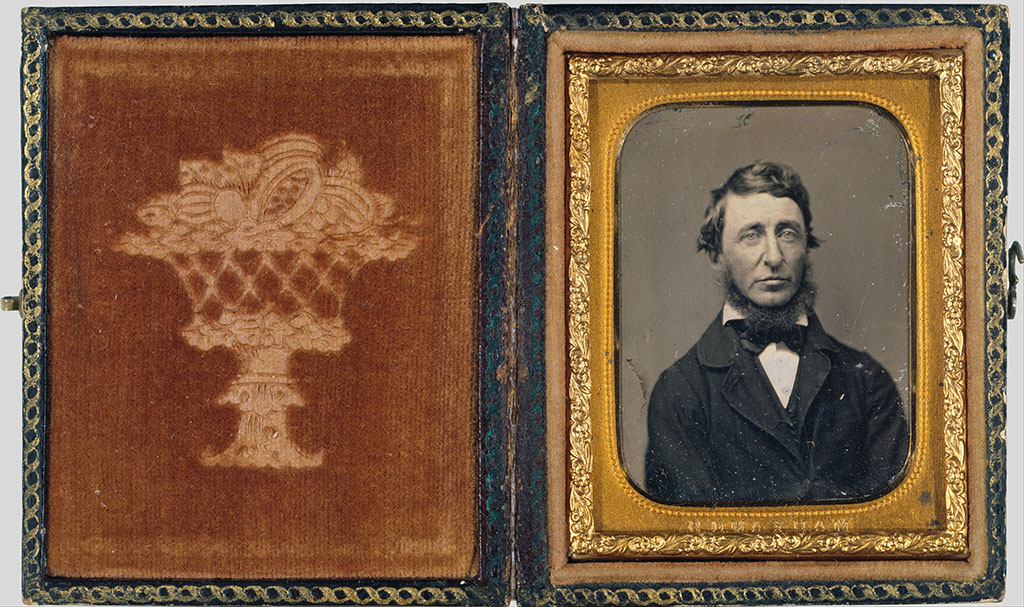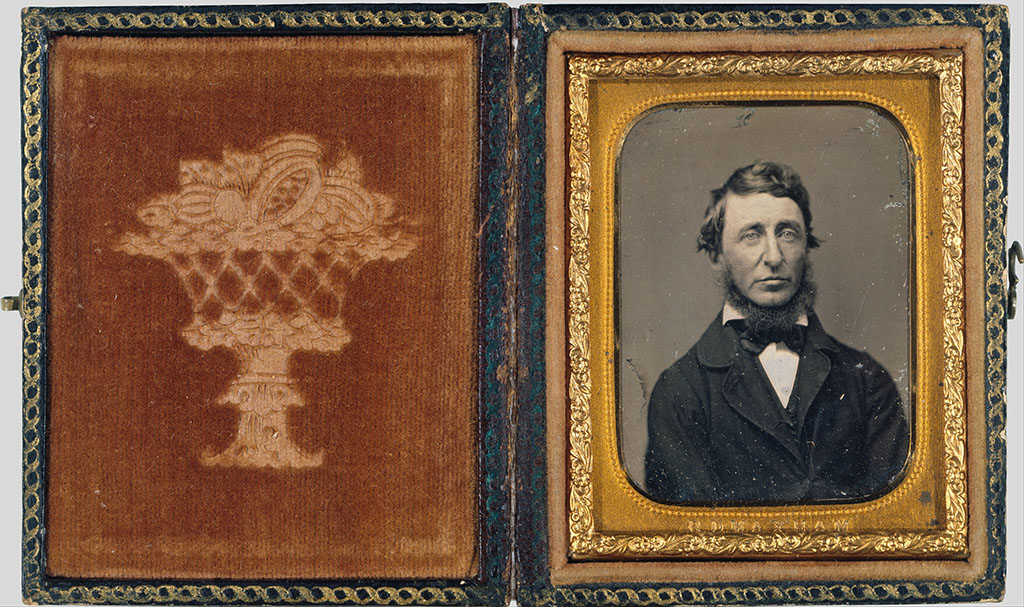I soon found myself observing when plants first blossomed and leafed, and I followed it up early and late, far and near, several years in succession… I often visited a particular plant four or five miles distant, half a dozen times within a fortnight, that I might know exactly when it opened.
~ Henry David Thoreau
Thoreau kept a meticulous field journal in which he documented everything from the types of plants and animals he encountered, to the changes in weather patterns he observed throughout the seasons. In his later years, Thoreau’s methods became increasingly scientific, and his field notes so accurate that even modern researchers have referenced his work in their historical accounts of climate change. As a poet and philosopher, however, he placed his findings within a context of interconnectedness that acknowledged the majesty of nature, a concept greater than the sum of its parts. This approach has been described as radical empiricism.



